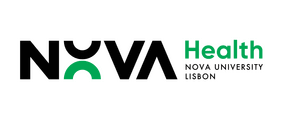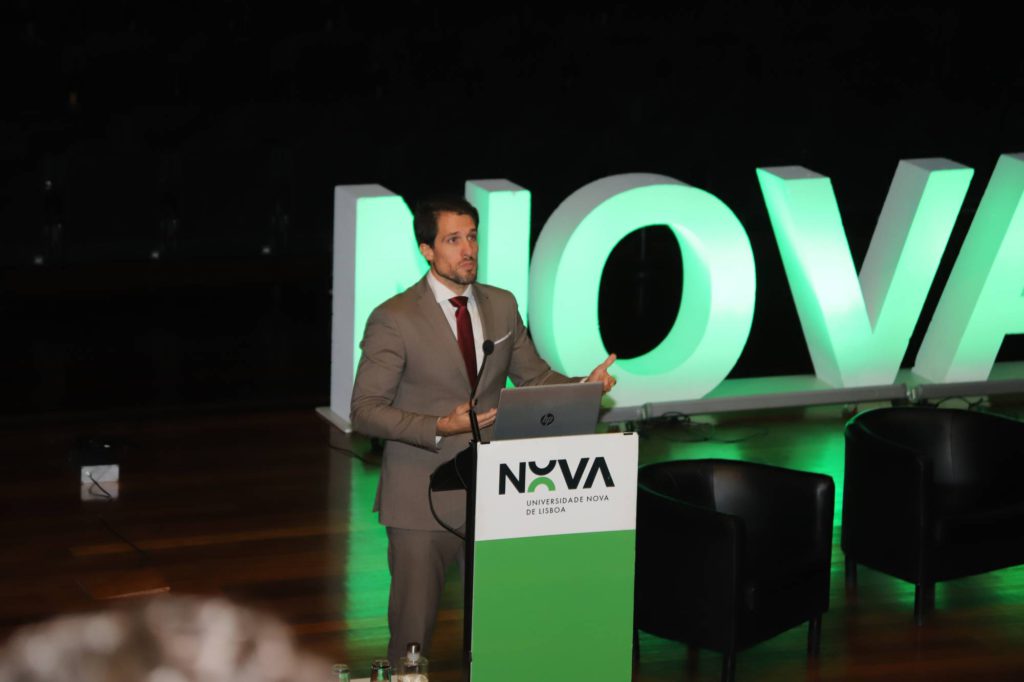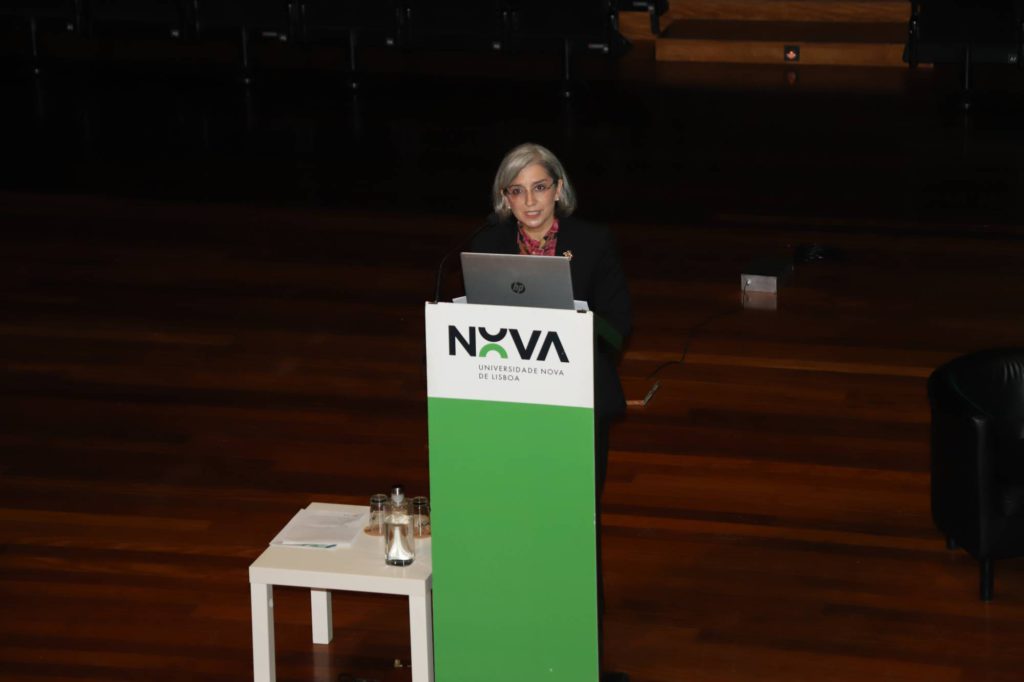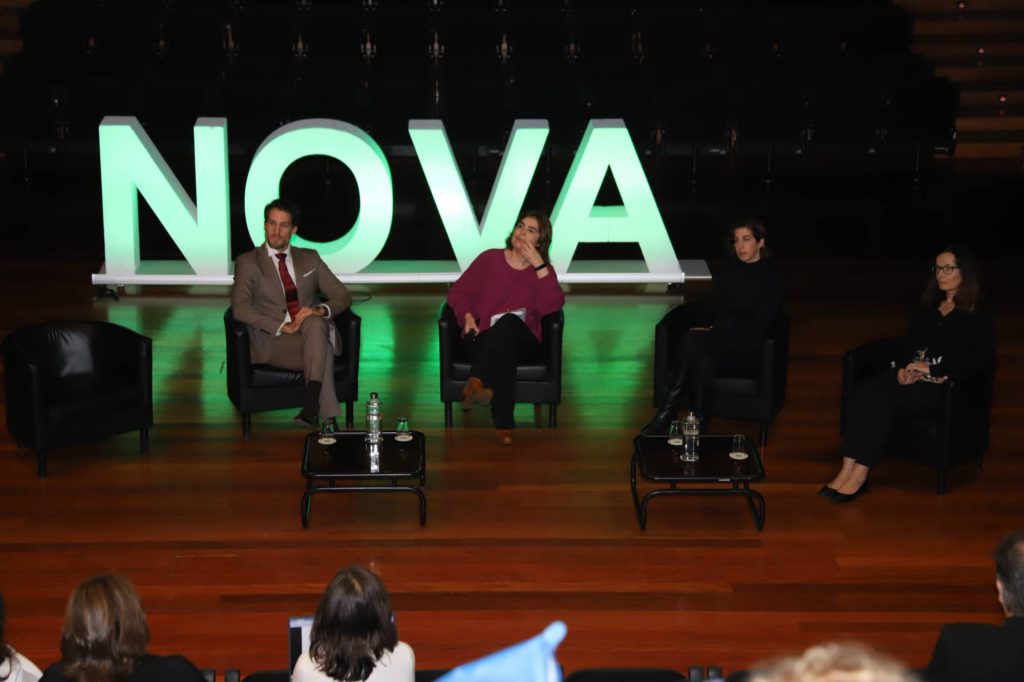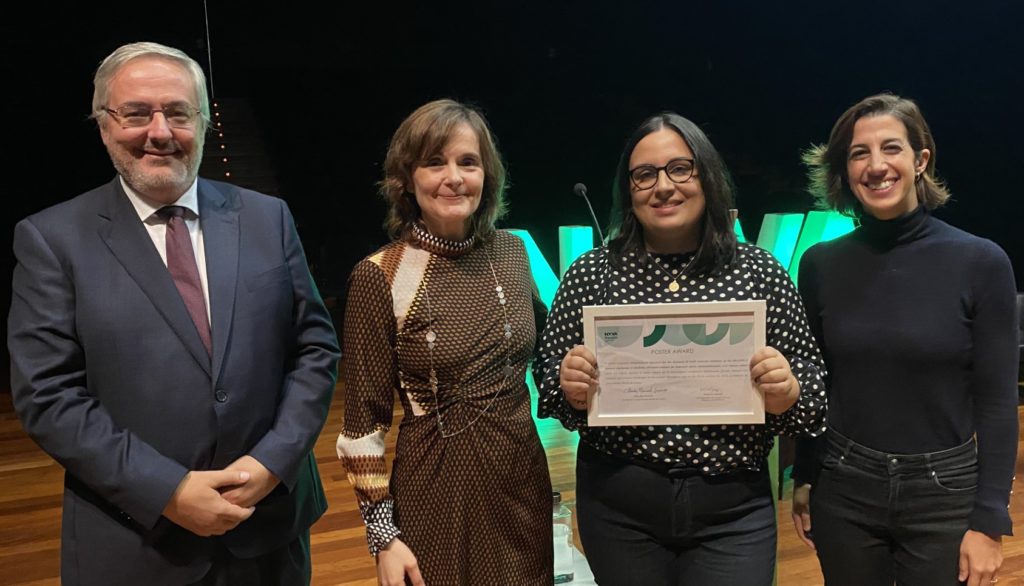Conference NOVA Health Chronic Disease and Infection
The NOVAhealth Chronic Disease and Infection group launches its 7th Conference.
The session will take place at the Rectorate of Universidade NOVA de Lisboa (Campolide Campus) on November 18th 2024.
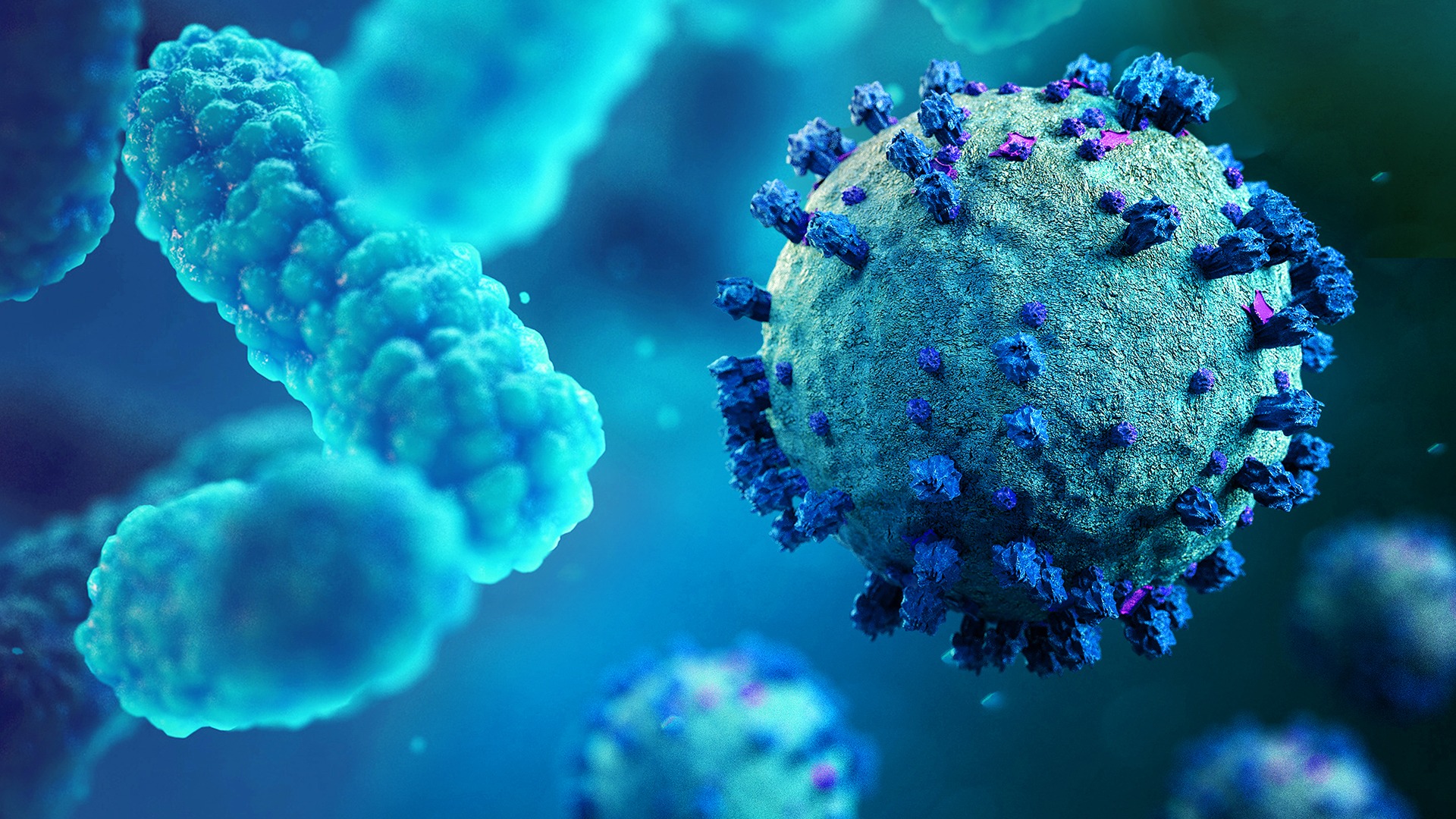
POSTER SUBMISSION
Authors interested in presenting their research on the conference topic should submit their work (instructions and selection criteria in the call for posters).
Conference Registration
Deadline: October 31th, 2024

Poster submission
Deadline: September 30th, 2024

Confirmation of Acceptance
Deadline: October 20th, 2024

Accepted abstracts will be included in the Conference Book. A “Best Poster Award” will be granted during the conference.
Any additional questions send an email to novasaude@nms.unl.pt.
Organizing Committee
Maria Miragaia (ITQB-NOVA)
Augusto Figueiredo (ENSP-NOVA)
Susana Viegas (ENSP-NOVA)
Carla Sousa (IHMT-NOVA)
Diana Lousa (ITQB-NOVA)
Paula Videira (FCT-NOVA)
Helena Soares (NMS-NOVA)
Maria Grazia Rossi (FCSH-NOVA)
Pedro Cravo (IHMT-NOVA)
NOVAhealth – Chronic Disease and Infection
Chronic and infectious diseases are one of the major global human health problems that include neurodegeneration, inflammation, immunological dysregulation, and old and emerging microbial infectious diseases. Chronic diseases have been leveraged by the longer human lifespan, while globalization, migrations, exponential increasing of travellers have been associated with an alarming escalade of microbes that are resistant to antibiotics.
NOVA Saúde Chronic Disease and Infection Group promotes research, evidence-based knowledge and awareness to develop new effective and sustainable approaches and solutions to these problems. The group fosters academic and social discussion in order to respond to the daily challenges pose to patients, as well as, to the health systems and their professionals.

Program
Our Schedule
9.00h: Opening Remarks
João Sàágua | Rector – NOVA University Lisbon
Cláudio Soares | Pró-Rector – NOVA University Lisbon
9.10 h: Keynote Speaker | João Paulo Gomes / Instituto Nacional de Saúde Ricardo Jorge (INSA) (TBC)
9.40h: Speaker 1 | NOVA School of Science and Technology
9.50h: Speaker 2 | NOVA Medical School
10.00h: Speaker 3 | NOVA National School of Public Health
10.10h: Speaker 4 to chose from selected abstracts
10.20h: Roundtable with Talk Speakers
10.35h: Coffee Break
11.00h: Speaker 5 | NOVA Institute of Chemical and Biological Technology
11.10h: Speaker 6 | NOVA Institute of Hygiene and Tropical Medicine
11.20h: Speaker 7 Nova Business School of Economics ?
11.30h: Speaker 8 | to chose from selected abstracts
11.40: Roundtable with Talk Speakers
12.00 h: Concluding remarks from morning session: speaker to be selected
12.15h: Lunch
Afternoon session
13.30h: Keynote Speaker | Paula Vasconcelos?
14.00h: Speaker 9 | NOVA School of Science and Technology
14.10h: Speaker 10 | NOVA Medical School
14.20h: Speaker 11 | NOVA National School of Public Health
14.30h: Speaker 12 NOVA Institute of Chemical and Biological Technology
14.40h: Speaker 13 | to chose from selected abstracts
14.50h: Roundtable with Talk Speakers
15.10h: Coffee Break
15.30h: Speaker 14 | NOVA Institute of Hygiene and Tropical Medicine
15.40h: Speaker 15 to chose from selected abstracts
15.50h: Speaker 16 | Pfizer
16.10h: Roundtable with Talk Speakers
16.20h: Best Poster Award
16.30h: Concluding remarks: speaker to be selected
Watch, Read, Listen
Join 900+ subscribers
Stay in the loop with everything you need to know.
